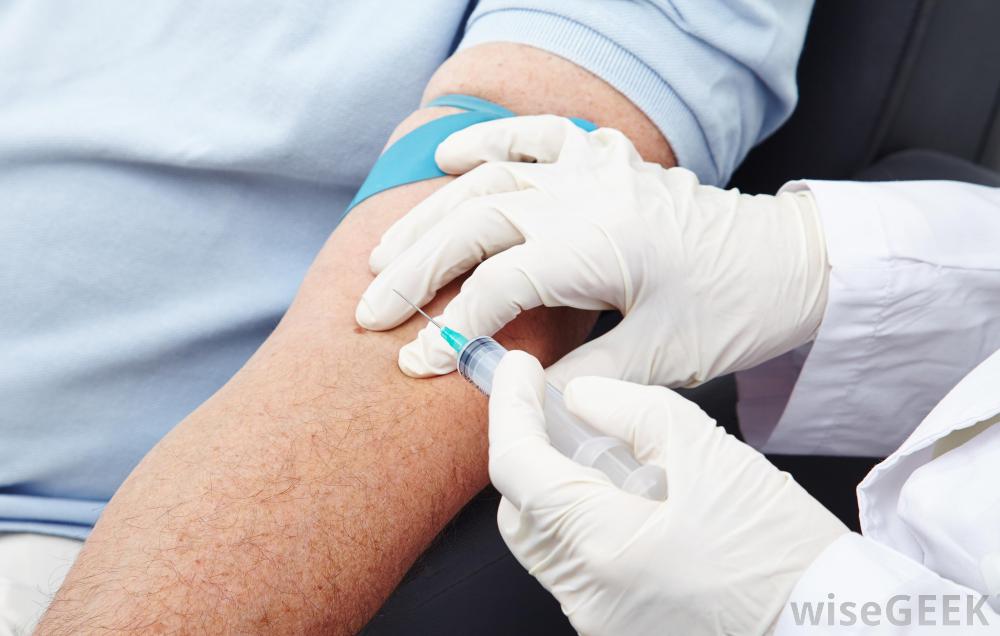Diabetes – if you are reading this rant you more than likely either have type 1 or type 2 diabetes, know someone close to you who does, or have been diagnosed as “pre-diabetes” by your doctor.
My wife Darlene has been diagnosed with Type 1 diabetes within the last year. She isn’t your typical over weight, sugar eater. Darlene is 5′ 9″ tall and weights just 122 lbs, but diabetes DOES run in her family. Darlene’s symptoms didn’t jump out at her. She was a little more thirsty and had to pee more often.
Darlene has had a terrible time with menopause . Her “change” has lasted over 15 years with nightly bouts of hot flashes, cold sweats, leg cramps and other symptoms. The reason I mention the menopause is that because of her problems with it she signed up for 3 clinical trials that tested drugs that were supposed to help with the symptoms. The bad news is that with the first two she got the placebo.
The third time, when she was getting her blood test to see if she was healthy enough to take the trial, her glucose numbers were dangerously high. In fact the nurse reading the results told Darlene to go to a doctor or ER right then. Darlene’s glucose was close to 500!
The general practitioner found scary numbers. Darlene’s A1C (3 month average blood glucose average) that for a normal person is supposed to be between 5 and 7, was 14!!!!!
Long story short, Darlene was first treated as a Type 2 diabetic. The drugs didn’t do the job which lead her Doctor to believe she is a Type 1 diabetic. Monitoring her blood glucose level as much as 10 times a day and taking long and short term insulin injections have brought her A1C down to 6.7. The biggest problem she has had is trying to avoid hypoglycemia.
What is Diabetes?
Diabetes is a disease that causes your blood glucose level to be too high. Glucose comes from the food you eat. Your body needs glucose on the cellular level to give you energy, fuel cell growth and promote brain function. Insulin, a hormone produced by your pancreas, helps the glucose get into your cells to give them that energy. When your pancreas stops producing insulin you have Type 1 diabetes. When your pancreas has trouble producing enough insulin, our your body has trouble utilizing the insulin, you have Type 2 diabetes.
Pre-diabetes
Having pre-diabetes means that your blood sugar is higher than normal but not high enough to be called Type 2 diabetes. Having pre-diabetes puts you at a higher risk of getting type 2 diabetes. It doesn’t mean you are going to get diabetes, it just means you need to make some changes.
Health Problems Associated With Diabetes
Over time, elevated glucose levels can cause serious problems. Diabetes can damage your eyes, kidneys, and nerves. It can also lead to heart disease, stroke and reduce blood flow to your extremities ending even with the need to remove a limb. Having diabetes can also put you at a higher risk for bone and joint disorders. Other complications of diabetes include skin problems, digestive problems, sexual dysfunction, and problems with your teeth and gums. Pregnant women with diabetes is usually gestational diabetes.
What To Do
If you have been diagnosed with any form of diabetes, follow your doctor’s instructions. Diabetes is not going to just go away. With type 2 diabetes it is possible to get to the point that you may not need medications any more. Diet is very important to all forms of diabetes so the Fat Farm is going to post recipes with the diabetic in mind.
Many Small Meals
The importance of maintaining a blood glucose level between recommended standards can not be over stated. Eat 5-6 smaller meals rather than 3 larger meals. Don’t skip meals and always try to eat carbs that break down more slowly over time (low on the Glycemic Index) which keeps from spiking your glucose level. We will talk more about the Glycemic Index in the near future.
Please Farmers, I haven’t even begun to touch on all aspects of diabetes and how it can effect your life. Ask me any question and I will do the research. My doctor does a blood panel on me every 4-6 months to check for anything out of the norm. You should do the same. – jug


